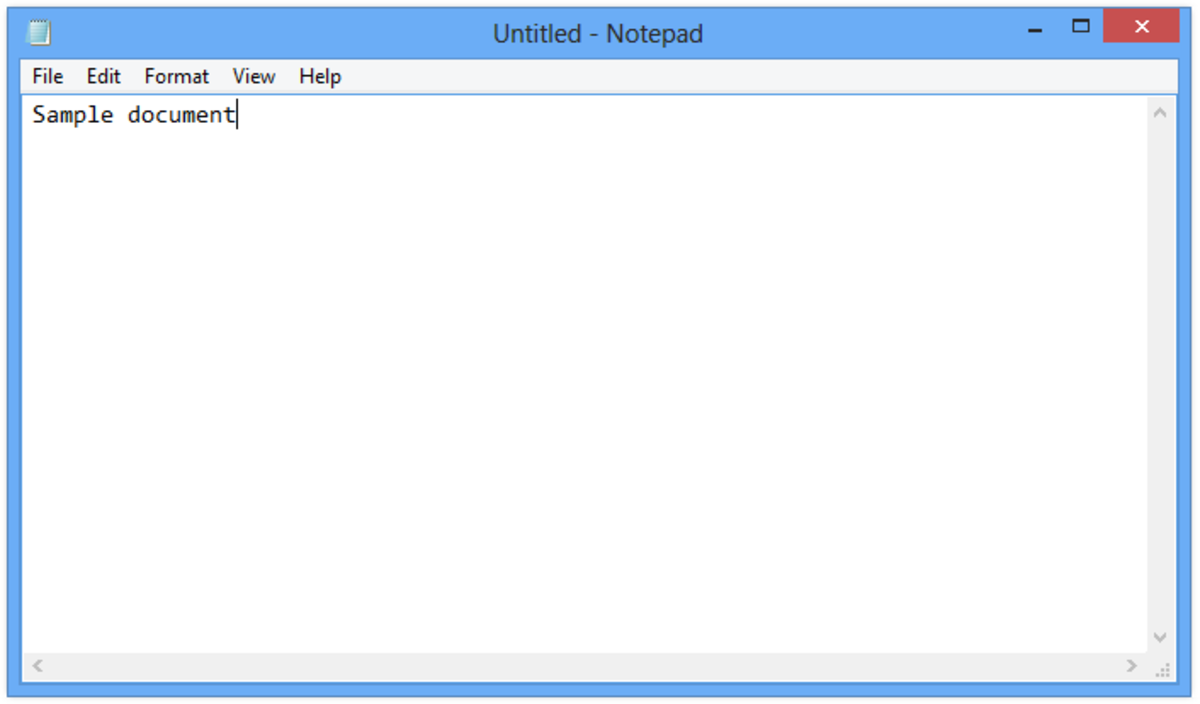- HubPages»
- Technology»
- Computers & Software»
- Computer Software
Free Ringtones
Where did ringtones come from?
Back in the day, a telephone plugged into a wall in a house. It was permanently tethered to the living room wall. Mobility required visiting Radio Shack to purchase a 25 foot extension cord for the handset. The ability to wander anywhere in the living room greatly increased phone usage. Finally, conversations could be held behind a closed door, as long as it was open just enough to permit the cord to squeeze through.
Phones actually rang. Every phone had a very similar ringtone. Every phone came with a genuine bell. Built into the base was a mechanical device consisting of a hollow dome and a metal arm, called a clapper, that whacked it. When a call came in, the clapper was manipulated magnetically to strike the bell. The phone actually 'rang the bell.'
Today, we still use terminology that isn't exactly accurate. We hear a phone make a noise: we say "is your phone ringing?" Few phones actually make a ringing noise any more. Rather, they beep, chirp, vibrate, sing a song, or speak a few words from a famous stand-up comedian. Perhaps we need new terminology for describing what a cell phone does when a call comes in.
Why does the phone ring?
The first mobile phones didn't sell well because the bell was simply too big to carry around. Customers found that their handset didn't fit well into their hand. In short order, ingenious engineers devised smaller devices that generated similar noises. Relatively tiny electromechanical 'bells' made cell phones practical and popular.
When our cell phone makes noise, we still refer to that sound as 'ringing', but it's much more than that these days. Modern phone users have virtually infinite opportunities to download ringtones and install these software-based entities on their mobile devices, We still want our phone to speak up when a call arrives, but almost no one prefers the old school bell ringing that came with every land-line phone in the 1970's.
Hardware matters, but software gives personality to a cell phone. A vibrant display is a must, but installing new apps via download from the Internet makes it all worthwhile. A ringtone is essentially a baby app. We download snippets of multimedia software into our phones, the phones play the software when we receive a call, a voice mail message, or a text message. Many modern phones offer the flexibility of selecting different ringtones for each type of incoming event.

Are ringtones really free?
The ringtone industry has evolved into a way to attract visitors to web sites. Hundreds of thousands of different web pages offer 'free downloads' of these little bits of software. All you must do is visit the site and provide a little semi-personal information or look at a few advertisements. Actually creating the ringtones is a trivial process for experienced computer geeks. The market has saturated to the point that the download has virtually no value, but the search for the download becomes a potential income generator for entrepreneurs.
Phone companies take back the ringtones?
Major cell phone providers have noticed what is happening in the ringtone market. They are well aware that customers want funny ringtones or cute sound effects or snippets of popular songs. The old-style 'ringing' no longer satisfies. Every phone owner wants to customize their calling experience.
For this reason, some carriers such as AT&T, Verizon, and Virgin may consider making it slightly more problematic to install a ringtone on a smartphone. Ostensibly, the phone is designed to accept custom-selected audio clips for this purpose. Phone vendors don't care: they've already made their money when the phone leaves the manufacturing plant. The carriers may choose to 'lock down' the process of installing this little snippet of software and require a small honorarium be submitted before a default ringtone can be overridden.








